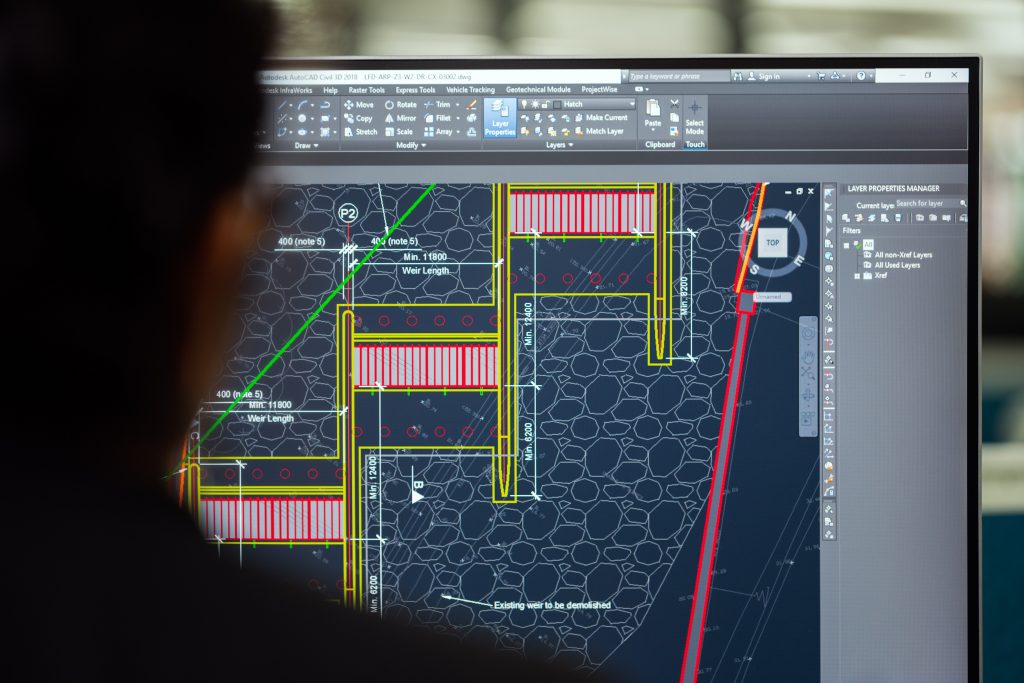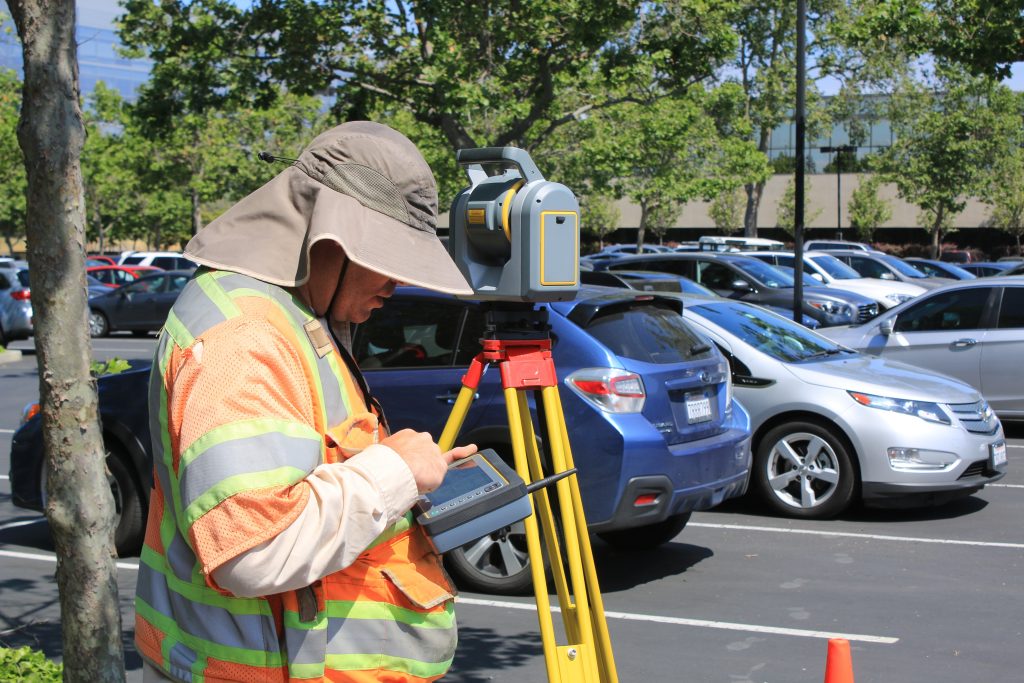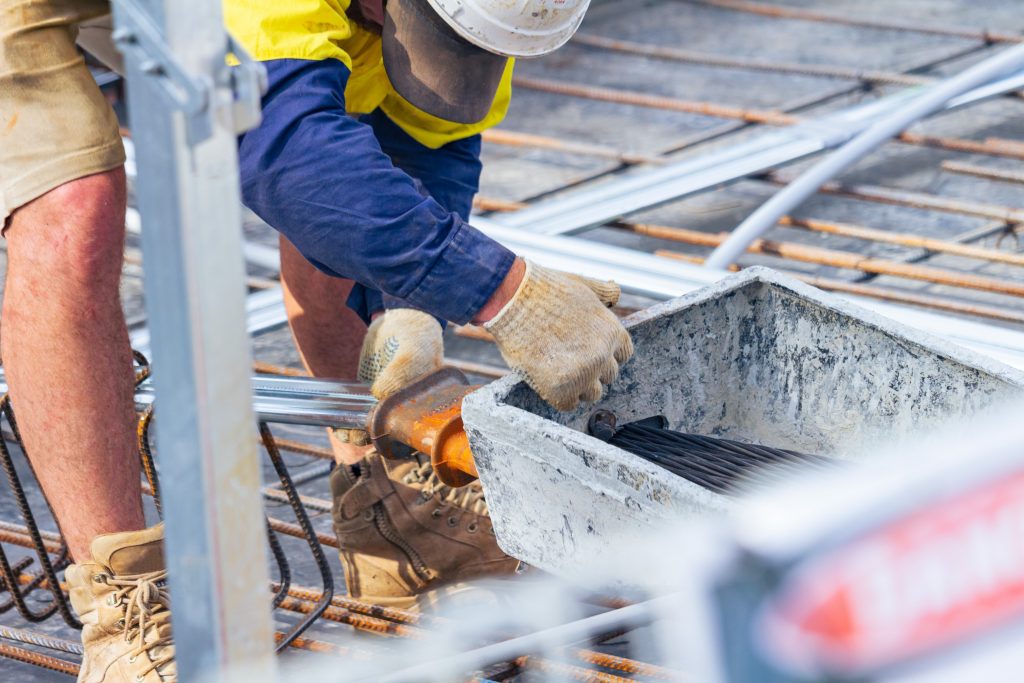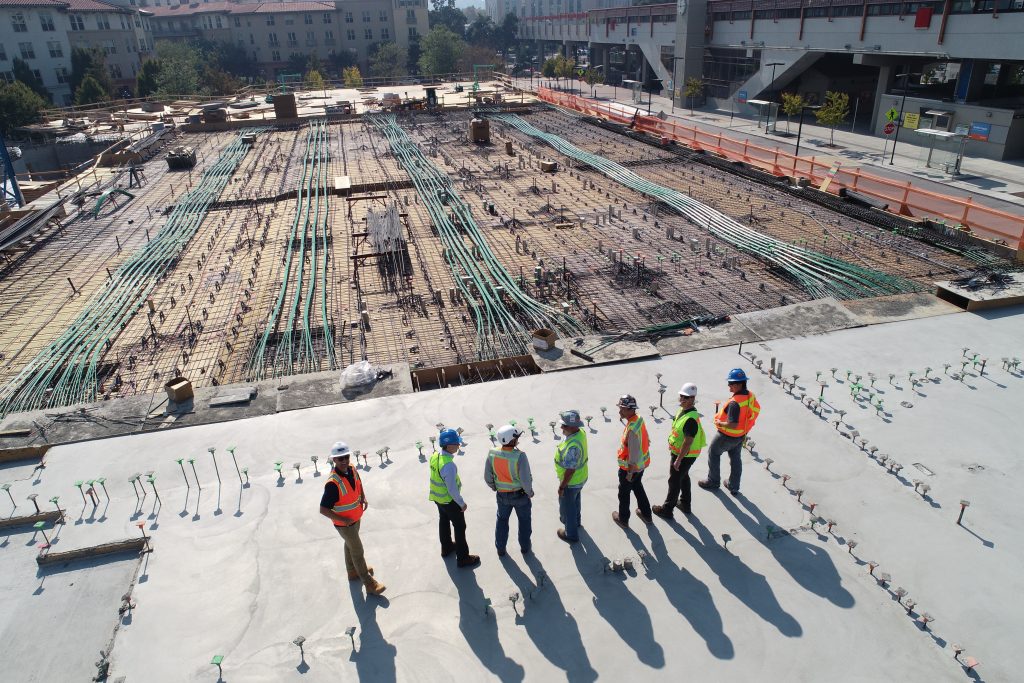Posted on: January 27, 2022
Starting a new project can be both exhilarating and terrifying at the same time. A lot can be said about the butterflies that creep into your stomach when you first make that decision, that you are going to go for it, you are going to build that dream house of yours.
Along with the excitement comes a quick realization that you do not actually know where to start and so the panic sets in, where should you start, who should you hire, who shouldn’t you hire, how much will it cost, and how can I afford it.
These are all very normal questions and should not be taken lightly. Deciding to build your dream home is possibly one of the scariest things that you can do, it can destroy relationships, test your character and even break the bank. So, no wonder you are stressed.
And rightfully so. You should take this very seriously, according to a recent article posted by Business Insider, almost 12% of all married couples who undertake a renovations project, end up getting divorced.
Now, we are not sharing any of this to try and scare you into worst-case scenarios, in fact, the complete opposite.
We are here to tell you that it is normal to feel this way, you should just put a few measures in place and hire a few professionals to take the load off your shoulders and luckily save that marriage.
We will look at the key professional who you need and some who you don’t when building your dream house.
The non-negotiable professionals:
Architect.
This is the professional you will require when starting out any project. He or she is responsible for drafting a detailed design for use at the concept stage.
The process usually kicks off with you, the client, having an idea of what you want to build and how you want to build it. You will engage an architect, share some ideas, and design concepts.
Depending on the arrangement with your architect, they will either allow for an unlimited number of changes to the design, and it will be included in your package, or it will be something that gets added and charged for on an ad-hoc or hourly basis.
So, whenever you engage with an architect, always make sure to know exactly what their fee implies.
For a shortlist of some of the architects that we work with on a regular basis, click here please check out our Associates’ page.
Choosing an architect that is right for you, who suits your unique vision and can communicate properly and thoroughly throughout the whole project is imperative.
So always make sure that you have done your homework before engaging an architect or at least make sure that if you pick one, you have some form of reference. There is nothing worse than being committed to a project with an architect that you do not get along with.
An architect is also the person responsible for producing drawings that will be submitted to your local council for approval. Your project can not proceed without the local council’s approval, so make sure that everything is in order before starting this process.
Civil/ Structural Engineers.
A civil or structural engineer is the professional whose services you need to ensure that the integrity and safety of the building have been determined.
They produce structural design and drawings which determine the size and load-bearing capabilities of your beams and also determine what type of foundation is required for your project based on the soil integrity report, which is delivered by a Geotechnical Engineer (more on that later).
Civil and Structural engineers work hand in hand with both the architect and the contractor to ensure that the project is built in accordance with structural drawings. This is a safety and compliance issue.
The competency and skill of an engineer can be the difference between having a cracked wall in your living room 2 years down the line, which is a major re-construction and will cost you a lot of money to repair.
Here at D & I Associates, we want to avoid situations like this and therefore we deploy a 3-fold quality management system. We apply this system throughout all phases of the project. Our product is very detailed and provides all service providers with more than enough information to ensure the integrity of the structure.
We leave nothing to chance, and all our drawings are checked 3-times, by our Chief Technical Officer, and two of our best internal Engineers.
We leave no room for error, and it shows, for more proof please visit our Google Page to view some of the reviews our clients have left us, you can find them here.
So, whenever you commence a construction project, always ensure that you have a professional engineering firm lined up.
Land Surveyors.
A land surveyor is a professional whose sole responsibility is to ensure that a site’s boundary lines are updated to prepare them for construction.
The land surveyor will create a survey drawing plan and layout boundaries to ensure that all levels and important information are contained on the map.
This map enables both architects and engineers to plan, draw and design accordingly. This informs the placement of certain aspects like stormwater drainage and certain boundary walls.
Without this, neither the architect nor the engineer would be able to produce accurate drawings and designs for the project.
It is important to understand the topography of the site when planning any building to be constructed.
Geotechnical Engineer.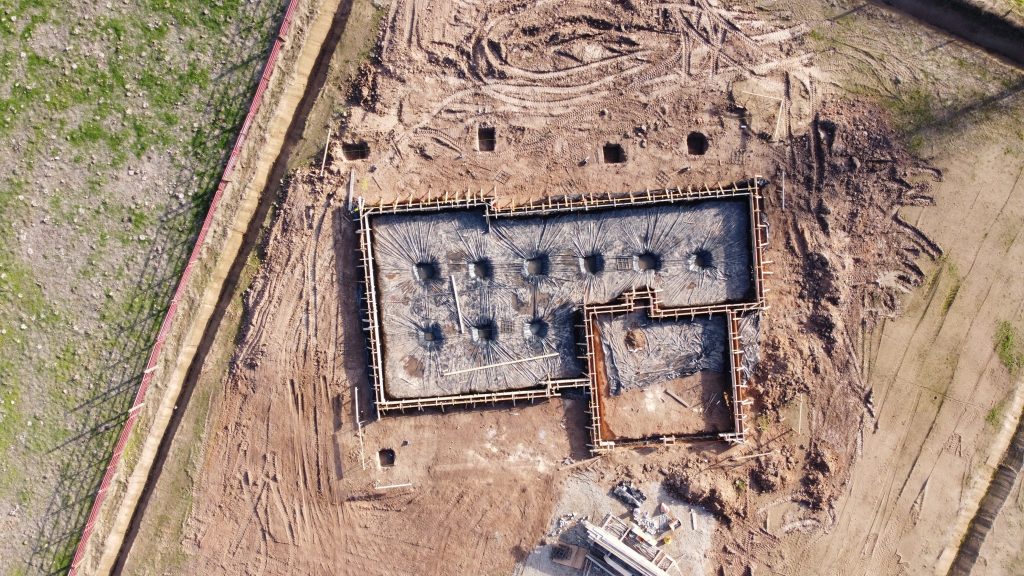
Ever wondered why some projects take years to complete?
The answer – Lack of knowledge.
When starting a project, it is crucial to know exactly what type of soil conditions you will be working with and also if there are any specifics that you need to be aware of, for instance, dolomite.
Dolomite is one of the biggest culprits when starting a construction project as this will determine the type of foundation you will use, what the extent of the excavations will be and what the timeframe implications are due to the discovery of dolomite.
Dolomite makes the whole project riskier, with an emphasis on the foundation requirements. If it was a dolomite free zone, which the whole of Centurion, Gauteng area is not, then you would not have to consider using a specialist when constructing your foundation, but in the case where it is a dolomitic area, you would then need a different type of foundation which is more expensive and will take longer to construct.
Dolomitic problem areas comprise only 1 of 4 major culprits when it comes to determining the soil condition. Having this knowledge will inform the type of foundation to be used. The other 3 are clay soils, sandy or silty soil, and property with a high water table.
Each one of these lends to another solution. This topic regarding the soil conditions and the types of foundations to be used will be covered in one of our future posts, so make sure to watch this space for any future articles.
A Geotechnical Engineer is a professional who specializes in soil conditions and provides a report clearly identifying any underlying soil conditions that you need to be aware of. This might feel like yet another expense on top of an already expensive project, but trust us, you will be glad that you spent those extra few bucks at the beginning instead of having been faced with excavation and other reinforcement issues later, which might end up costing you hundreds of thousands of rands.
Builder /Contractor.
The professional who clients believe they need the most or consider the most important person in the project, and sure, to a certain extent yes. This professional is also sometimes referred to as the General Contractor.
There is no point in having a beautifully designed house, plans approved, structural drawings are done but there is no one to build your dream house. We get it. They are important of course and here is why:
They build your home; they make sure that concrete is poured and that the walls start going up.
They work closely with all other professionals throughout the construction phase, and they ensure that the building is built in accordance with the architectural and engineering design and drawings.
From time to time there will be deviations and curveballs thrown, but if you have appointed a builder/contractor who is worth his salt, then they will know who to contact when faced with those situations. If there are any deviations from the original plans, both the architect as well as the engineer will have to be consulted on those changes and at the end of the project something that is known as the “as-built plans” will have to be submitted to the council for approval.
Site Foreman.
This is the professional responsible, on-site, to make sure that everything is progressing the way that it should be progressing, that all workers are on-site, that the materials needed are on site and that everything is on par with the program of works.
They ensure that the construction part of the project is executed on time, in so far as possible, by ensuring the attendance of all appointed workers and ensuring that the project at hand is prioritized according to the most important task at hand.
They will also be responsible sometimes as the main point of contact between all professionals who have been contracted, depending on how the client chose to approach the project.
The Site Foreman is sometimes also referred to as the Construction Manager and in essence, takes on a more managerial role when it comes to the project.
A site foreman might not always be possible, so it all depends on your budget. There is a wise saying that if you don’t have time, you must have money and if you don’t have money, you must have time, so this is completely a personal choice.
Project Manager.
These professionals are seen as a luxury to most clients, as they come at a cost. With all the professionals already on board, why is it that you would need a project manager as well?
Well, the simple answer is, you don’t. You will only need one if you feel the need again to outsource some of the responsibility that you might take on or that your contractor or site foreman has taken on, albeit hall heartedly.
The main functions of the project manager are to step into the shoes of the client if the client had an in-depth knowledge of the built environment and he had nothing else to do the whole day. Well, we guess that that is not the case, as, with most clients, they have day jobs, day jobs that help them afford the construction project that most recently kicked off.
Well, to all those clients, well done, nothing wrong with that. That is like hiring a nanny to take care of your 6-month-old when you go back to work to earn a living to afford the nanny.
So, it is exactly with hiring a project manager, it is a completely personal choice. We can not say “yes, it is a must” or “no, you do not need one” as this is completely up to you, the way you work, the way in which you want to work and of course, the most important aspect, the budget.
If you have made provision for a project manager, then great, that is good for you, then we say, yes, go for it, hire a project manager. The benefits of hiring a project manager are substantial, from cost and time saving which in turn is more cost-saving, so yes.
So, what does a project manager do? The simple answer is everything, they ensure that the project is concluded on time and on budget.
How wonderful would that be? If you have ever done or undertaken a construction project, then what we are saying about a project manager must be music to your ears.
So, consider making provision for a project manager in your budget, as it is well worth it in the end.
Quantity Surveyor.
Say it with us: Cost control, cost control, cost control.
The quantity surveyor is all about cost control.
According to the Associates of South African Quantity Surveyors (ASAQS):
“The quantity surveyor’s duty is essentially one of cost control. They measure and value work in progress, determine the value of variations ordered by the architect or engineer and ensure that a fair and equitable settlement of the cost of the project is reached in accordance with the contract conditions. In conjunction with the architect and other consultants the quantity surveyor will ensure that the financial provisions of the contract are properly interpreted and applied.”
When an Architect has done their preliminary design, a Quantity Surveyor may be brought on at that stage to provide a Bill of Quantities. A bill of quantities helps the client, you, determine or get an estimate costing of the project, this is a very important aspect, whether you are planning to get a builder’s loan or paying for the project out of pocket.
It allows for a rough estimate of the costs of the total project and might also help when deciding on finishes that will be used for the project.
So, if budget is one of your main concerns, which it usually is when undertaking a construction project, then a Quantity Surveyor is a definite must-have. They contribute greatly to the overall project and in many cases, act as an iron fist, keeping everyone in line, to ensure that targets and budgets are being met and adhered to.
Some non-negotiable service providers are Interior Designers, bespoke kitchen and walk-in closet designers, landscapers, and many more. These are all “nice-to-haves” but, if you are planning to build your dream home and if you have made the provision for the whole package, then go for it.
As the late Maya Angelou once said:
“The ache for home lives in all of us, the safe place where we can go as we are and not be questioned.”
In conclusion
Before undertaking a construction project, either an addition, alteration, or building your dream home from scratch, always consider who your key players are, whose services you will need to most, from what service providers you will benefit from the most, and what does your budget allow for.
Building or renovating can be one of the most stressful projects that you and your spouse ever undertake together, so make sure that you have prepared properly for it by ensuring that you have the right professionals in your corner.
If you are however unsure if your project justifies using all or just some of the professionals above, reach out to your local expert, talk to your architect or your structural engineer. They will be the professionals equipped to best advise you on who to appoint and who to avoid.
For more information or for a quick chat, feel free to contact us.
Stay up to date with us
Subscribe to our newsleter for our latest news and developments


